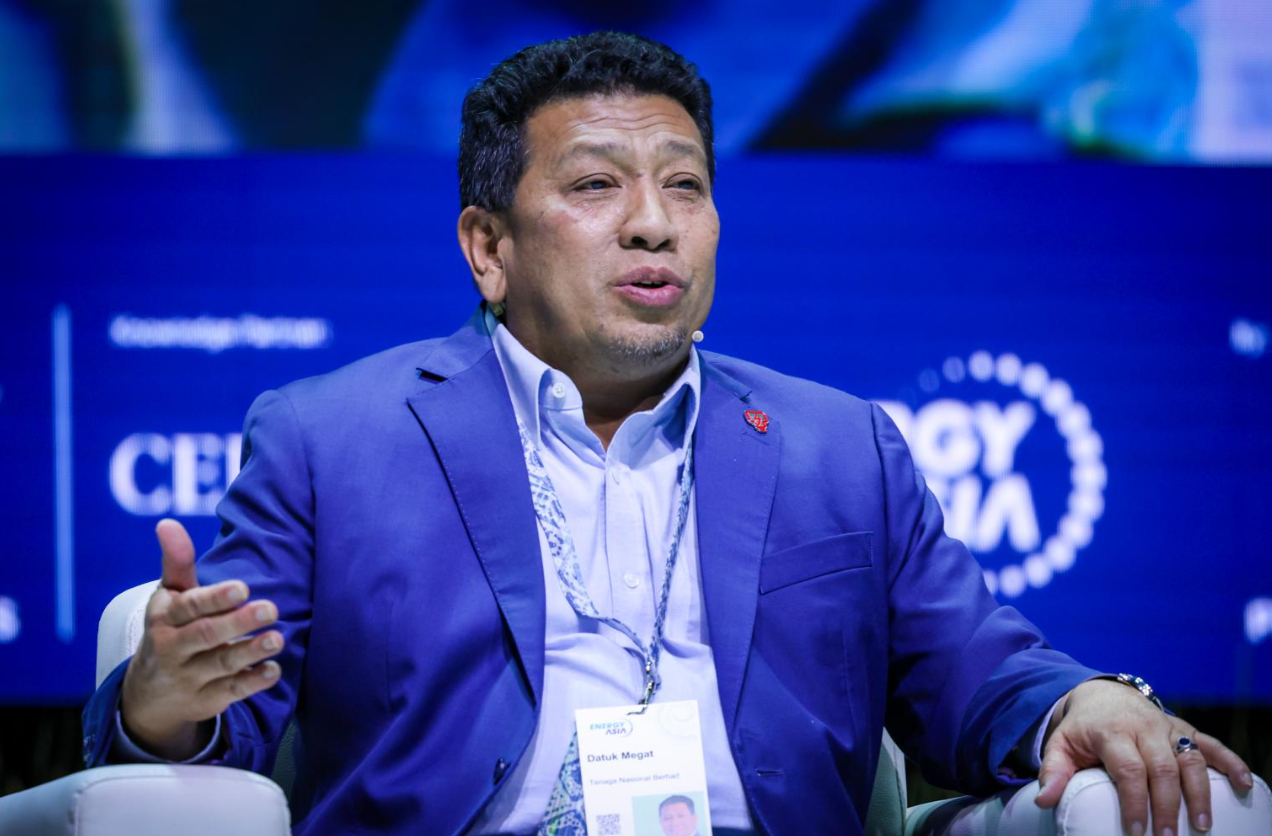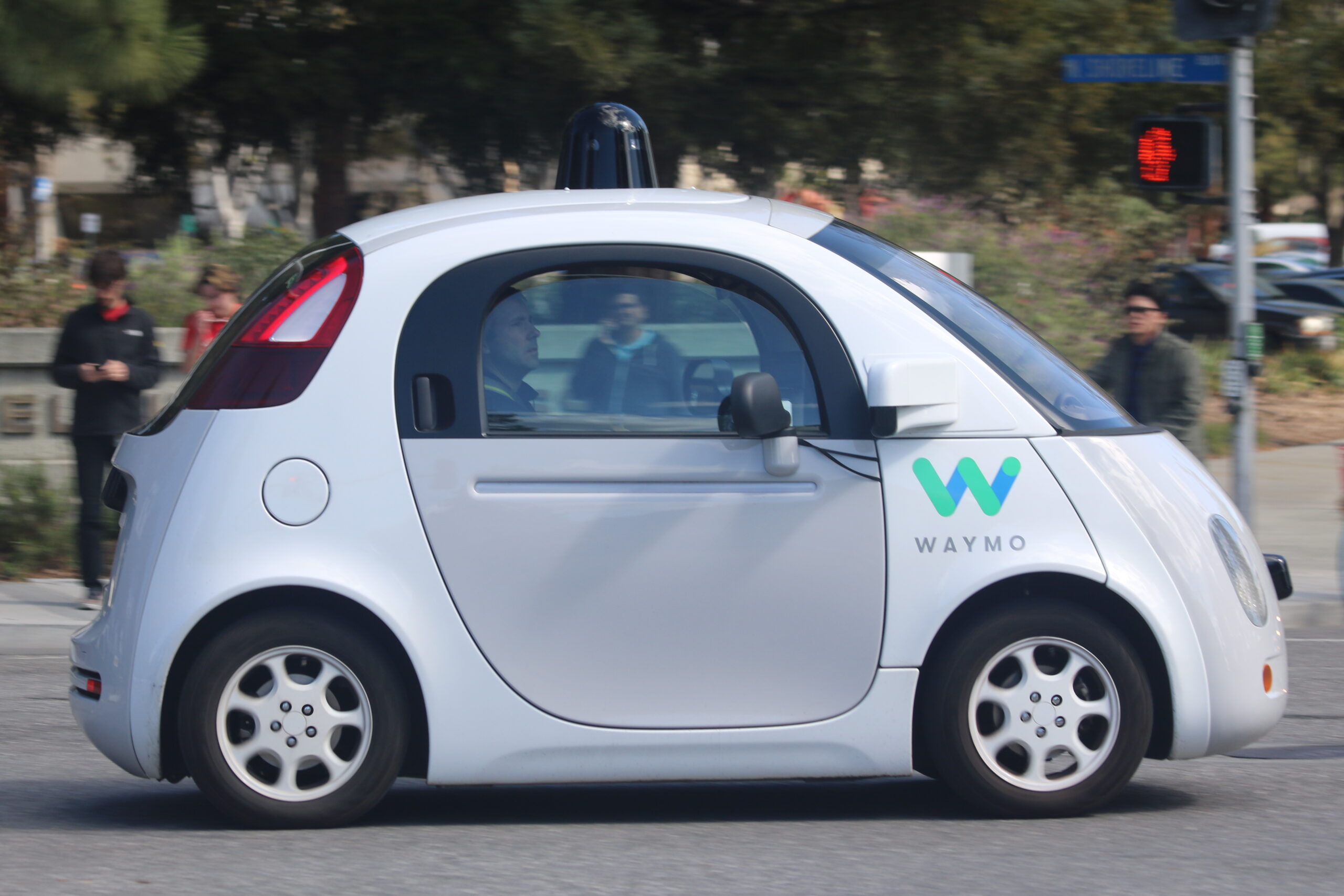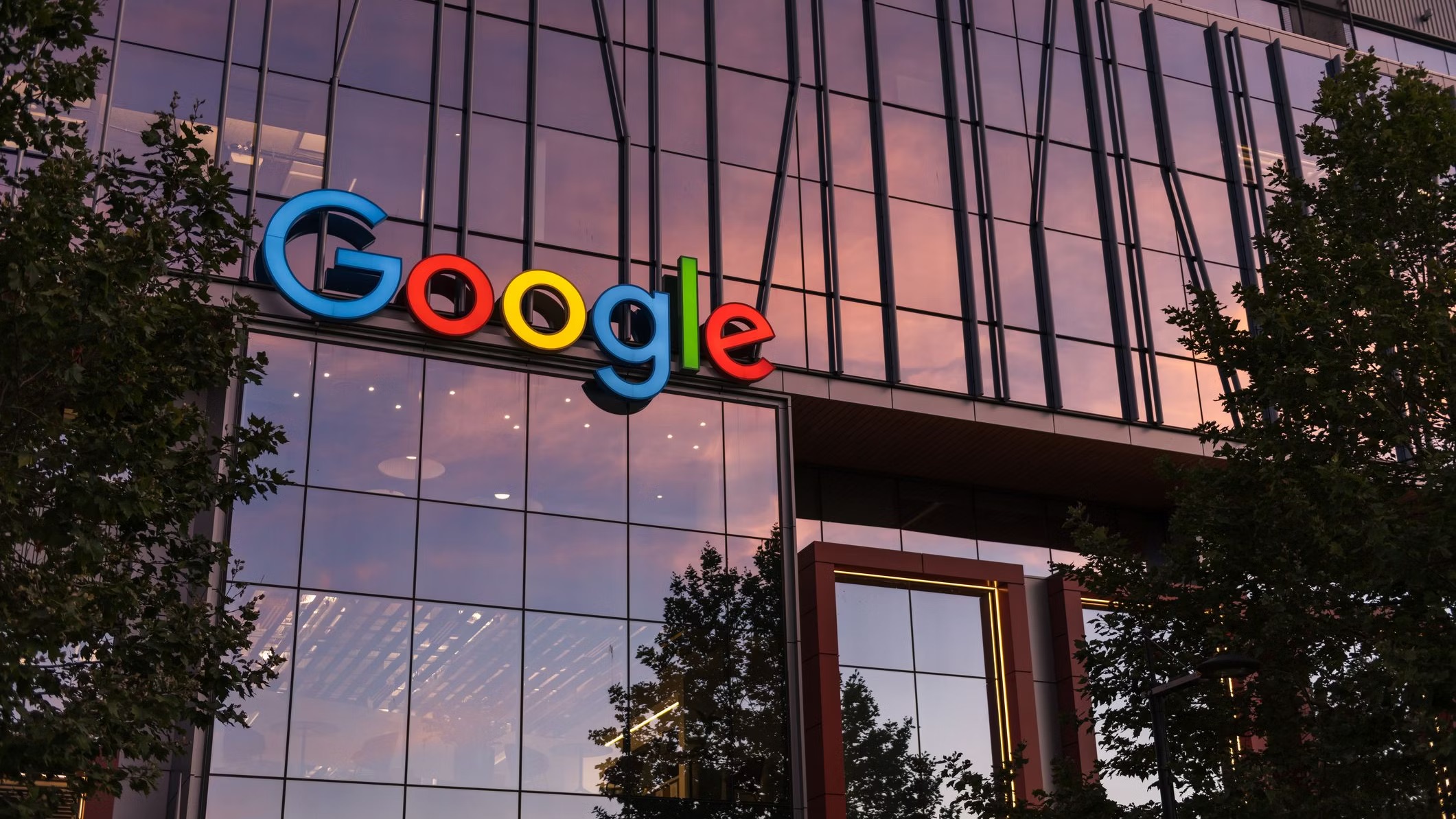During a health-focused event in New York on Tuesday, Google announced the development of a new collection of “open” AI models for drug discovery called TxGemma. These models are designed to assist researchers in accelerating the early stages of therapeutic drug development, which is typically a long and costly process.
The AI models are capable of understanding both “regular text” and the structures of different “therapeutic entities,” such as chemicals, molecules, and proteins. This dual capability enables researchers to ask TxGemma questions that help predict the properties of potential new therapies, like how safe or effective they may be. Google aims to make the drug discovery process more efficient by collaborating with the wider research community.
Google has yet to confirm whether these models will be available for commercial use, customization, or fine-tuning. TechCrunch reached out to Google for clarification and will update the article if the company responds.
Challenges and Promises in AI Drug Discovery
While AI has been hailed as a transformative tool in drug discovery, its promises have not yet fully materialized. Companies like Exscientia and BenevolentAI, which have employed AI for drug discovery, have faced high-profile clinical trial failures. Moreover, AI systems like Google DeepMind’s AlphaFold 3, despite their potential, have shown varying levels of accuracy.
Despite these setbacks, big pharmaceutical companies and investors are still optimistic about the potential of AI in drug discovery. In January, Isomorphic Labs, a Google spin-out, announced plans to begin testing AI-designed drugs in collaboration with pharma giants Eli Lilly and Novartis. With over 460 AI startups working in this space and $60 billion in investments, the future of AI in drug discovery looks promising, despite the current hurdles.
Author’s Opinion
While AI’s potential in drug discovery is undeniable, it’s clear that the path to successful drug development through AI is still full of obstacles. The technology might be accelerating early R&D, but it remains far from a guaranteed solution. The future may hold promise, but for now, AI’s role should be viewed with cautious optimism until it consistently proves its reliability in clinical settings.












